
By Sandra Agyeiwaa OTOO
Ghana is stepping boldly into the global fashion economy with the launch of the Business of Ghanaian Fashion (BoGF) Summit and year-round capacity building initiative, a national platform designed to formalize, finance and globalize the country’s fashion industry.
Scheduled for October 16th, 2025, at the Kempinski Hotel Gold Coast City in Accra, the summit will bring together policymakers, financiers and designers to position fashion as a key driver of economic growth.
The initiative aims to transform Ghana’s fashion sector, long dominated by informal operations, into a structured, investment-ready industry capable of capturing a share of the $1.5 trillion global fashion market. With over 60 percent of the country’s population under 25, the sector offers immense potential for job creation and youth entrepreneurship.
According to Hillary S. Andoh, Founder of Fashion Nexus Ghana, the growth of the fashion industry depends on formalization, investment and expanded market access, which together can drive exponential progress.
She emphasized that Ghana’s fashion entrepreneurs are creating their own platforms and inviting global participation in their success.
“The math is straightforward, formalization plus investment plus market access equals exponential growth. We are not asking for a seat at the table. We are building our own table and inviting the world to join us,” she mentioned.
The BoGF initiative has secured a rare alignment across major institutions, including the Ministry of Trade, the Ministry of Tourism, Arts and Culture, the Ghana Investment Promotion Centre (GIPC) and the Ghana Revenue Authority (GRA). Through the GRA’s Modified Taxation Programme, emerging fashion enterprises can now register under a simplified tax regime, a major step toward financial inclusion and access to credit.
Mrs. Andoh also emphasized that “we cannot discuss access to financing when many enterprises remain informal. This is policy in practice, not policy on paper.”
Ms. Andoh noted that sustainability has deep roots in African tradition, where earlier generations practiced upcycling and relied on natural materials. She explained that global brands are now turning to Africa for sustainable supply chains, placing the continent at the forefront of the circular economy movement.
Daphine Lekipaika, Trade in Services Expert at the African Continental Free Trade Area(AfCFTA) his outfit offers Ghanaian designers access to a market of 1.3 billion consumers, unlocking vast export potential and linking trade policy directly to the growth of Africa’s creative economy.
“The African Continental Free Trade Area (AfCFTA) presents a market of 1.3 billion consumers, creating an unprecedented export opportunity for Ghanaian designers. This initiative links trade policy directly to Africa’s creative economy,” he noted.
The investment case for Ghanaian fashion is strong. Properly structured fashion SMEs can achieve global reach with minimal cost increases. Moreover, Ghanaian designers’ long-standing sustainability practices such as upcycling and the use of natural materials align perfectly with the world’s growing shift toward circular economies.
The summit will convene over 200 stakeholders, including policymakers, investors, educators and manufacturers, to co-create strategies that strengthen every link of the value chain. Beyond the event, it will launch a year-round program focused on training in business strategy, financial management and operations.
The post BoGF summit to position fashion as the next growth engine appeared first on The Business & Financial Times.
Read Full Story

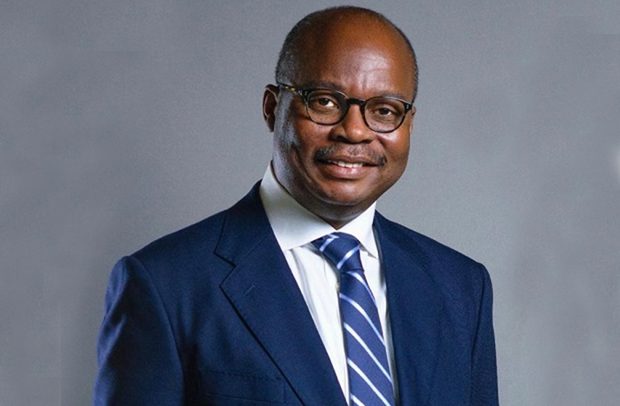


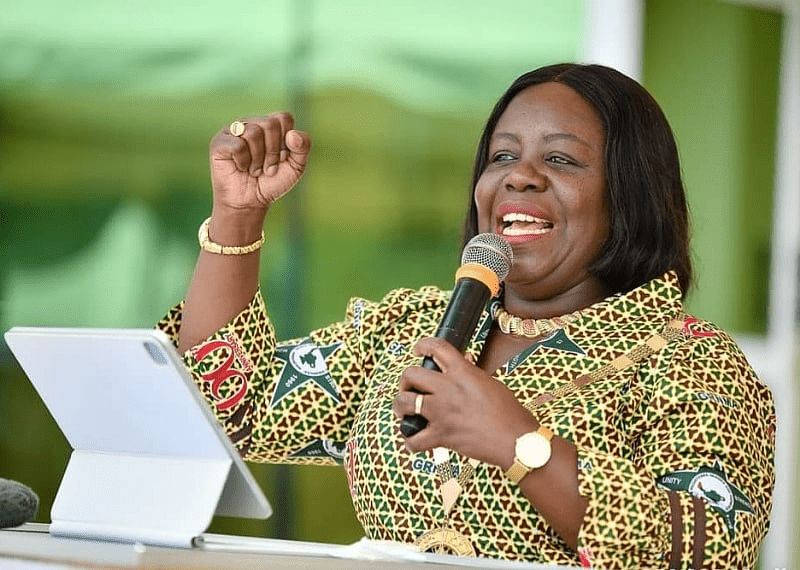



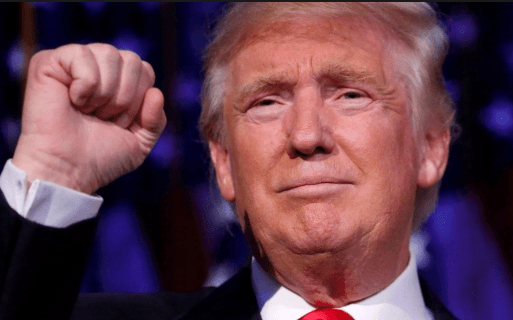










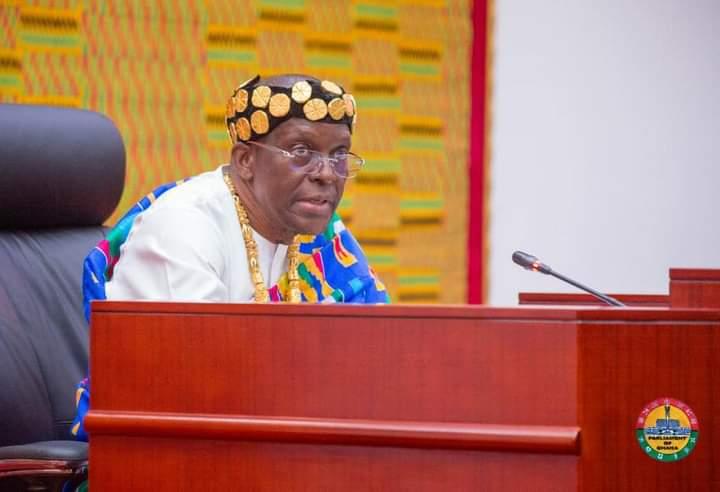
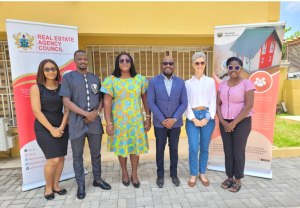
Facebook
Twitter
Pinterest
Instagram
Google+
YouTube
LinkedIn
RSS